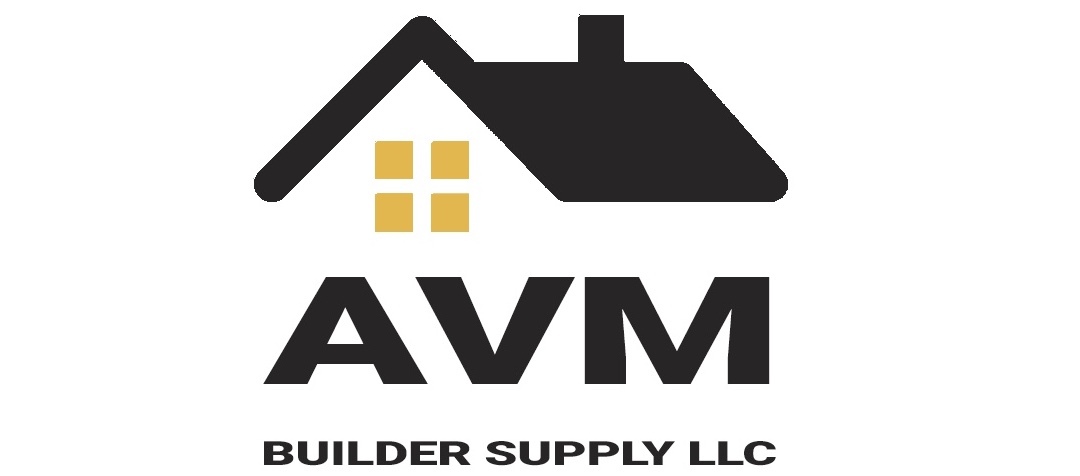BLOG
The main difference between metal-plastic and plastic windows

Windows are an essential part of any building, and they come in different materials, including metal, plastic, and plastic. Each material has its unique properties that make it suitable for certain applications. In this article, we will explore the differences between metal, plastic, and plastic windows.
Metal Windows:
Metal windows are typically made of aluminum, steel, or a combination of both. They are known for their strength and durability, which makes them ideal for commercial buildings and high-rise structures. Metal windows are also resistant to weathering and require minimal maintenance. They are easy to clean and can be painted to match the building's exterior.
One of the downsides of metal windows is that they are not very energy efficient. They conduct heat and cold, which can lead to energy loss and increased utility bills. Another drawback is that they are not very good at blocking out noise, which can be a problem in noisy environments.
Plastic Windows:
Plastic windows are typically made of polyvinyl chloride (PVC). They are popular for their affordability and energy efficiency. They are also easy to maintain and are available in a variety of styles and colors. Plastic windows are also very good at blocking out noise, which makes them ideal for residential buildings.
One of the downsides of plastic windows is that they are not as strong as metal windows. They can crack or warp over time, especially in extreme temperatures. They are also not as eco-friendly as other materials, as they are difficult to recycle.
Plastic-Clad Windows:
Plastic-clad windows are a combination of metal and plastic. The frame is made of metal, while the exterior cladding is made of plastic. This combination offers the strength and durability of metal and the energy efficiency and low maintenance of plastic. Plastic-clad windows are also good at blocking out noise, making them suitable for residential buildings.
One of the downsides of plastic-clad windows is that they can be more expensive than other types of windows. They also require professional installation, which can add to the cost.
In conclusion, the choice of window material depends on the building's purpose and the owner's preferences. Metal windows are ideal for commercial buildings, while plastic and plastic-clad windows are better suited for residential buildings. Each material has its advantages and disadvantages, so it is essential to weigh them carefully before making a decision.
